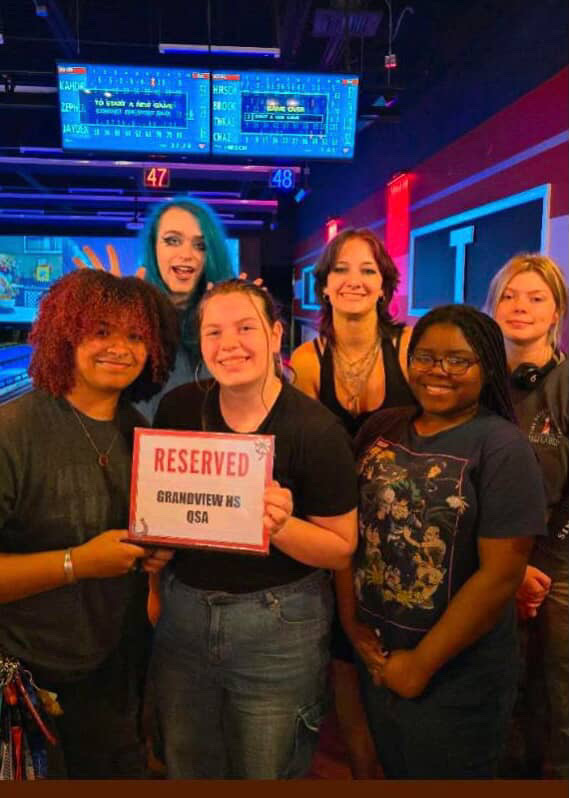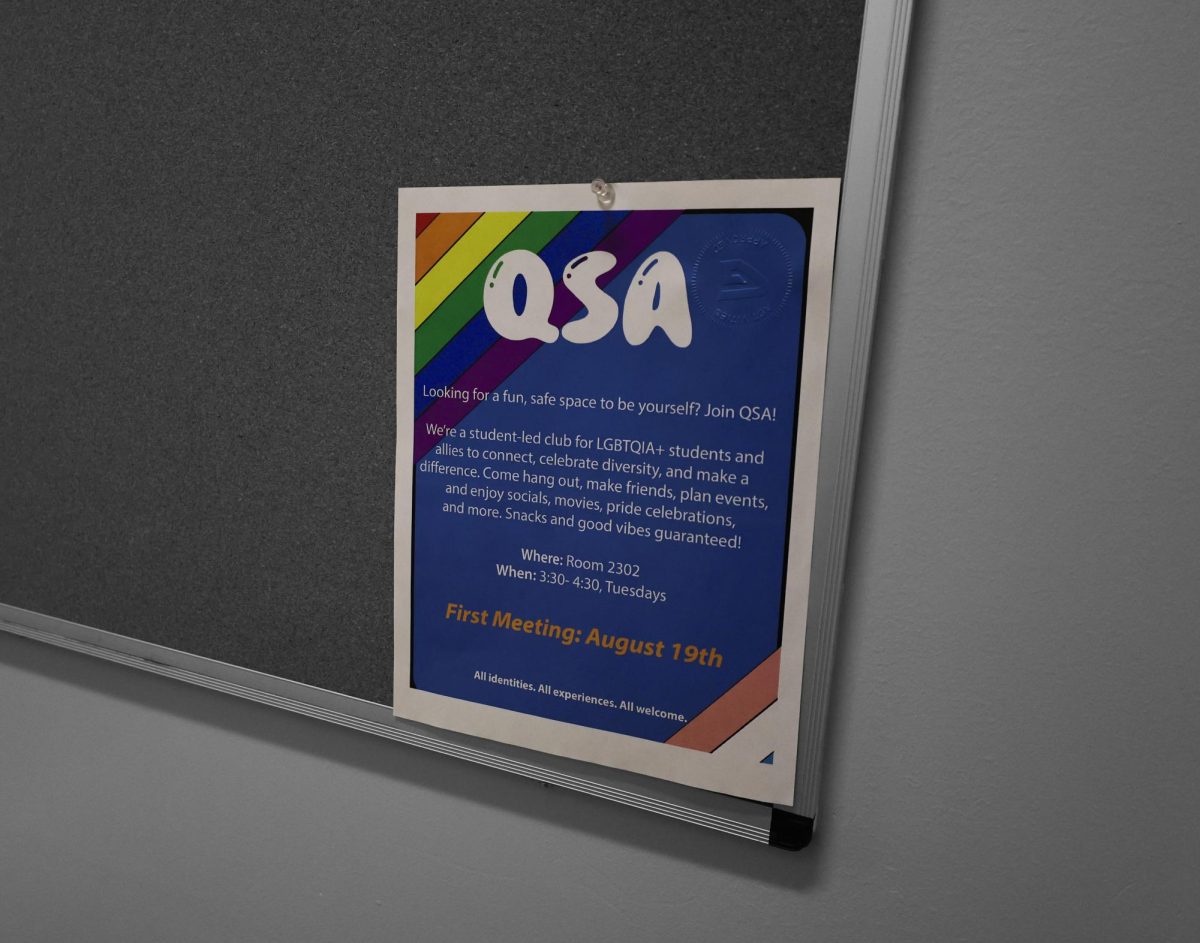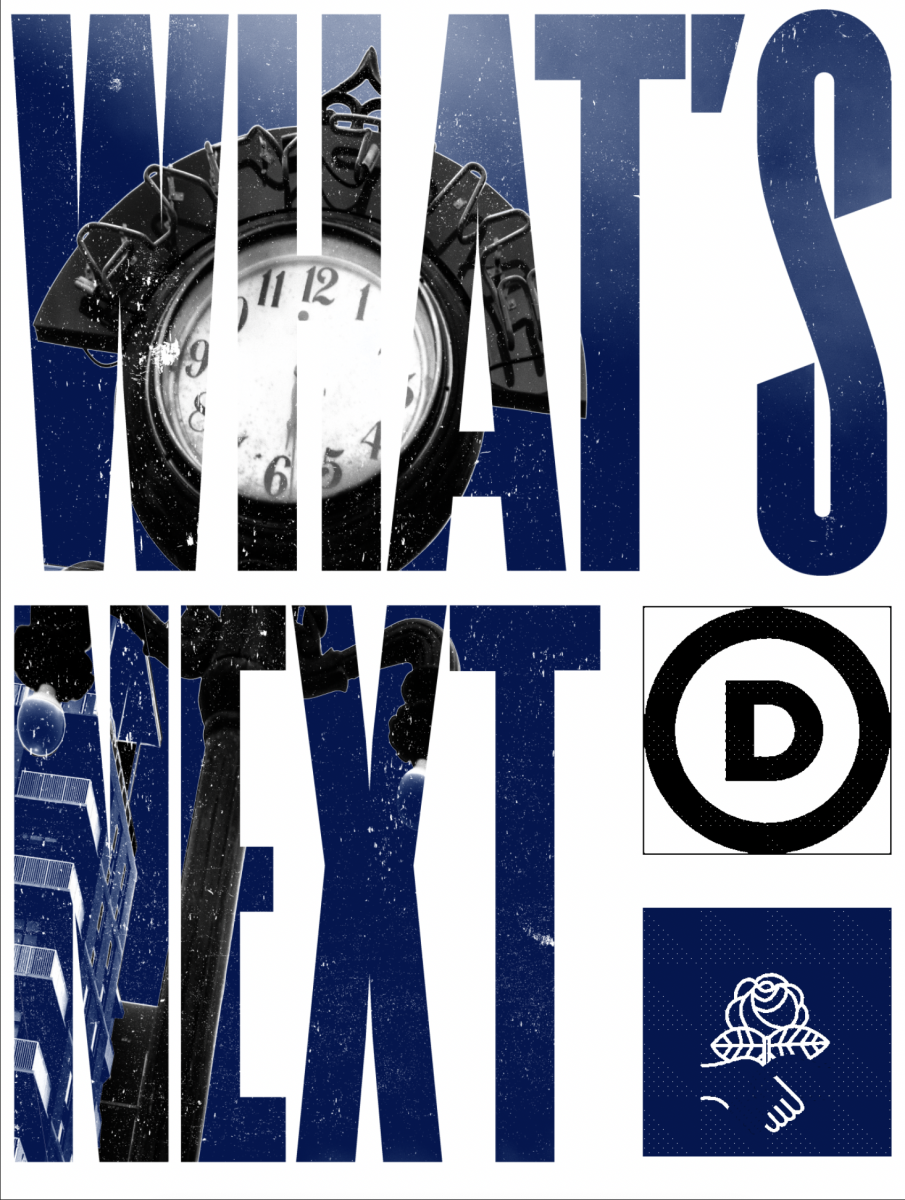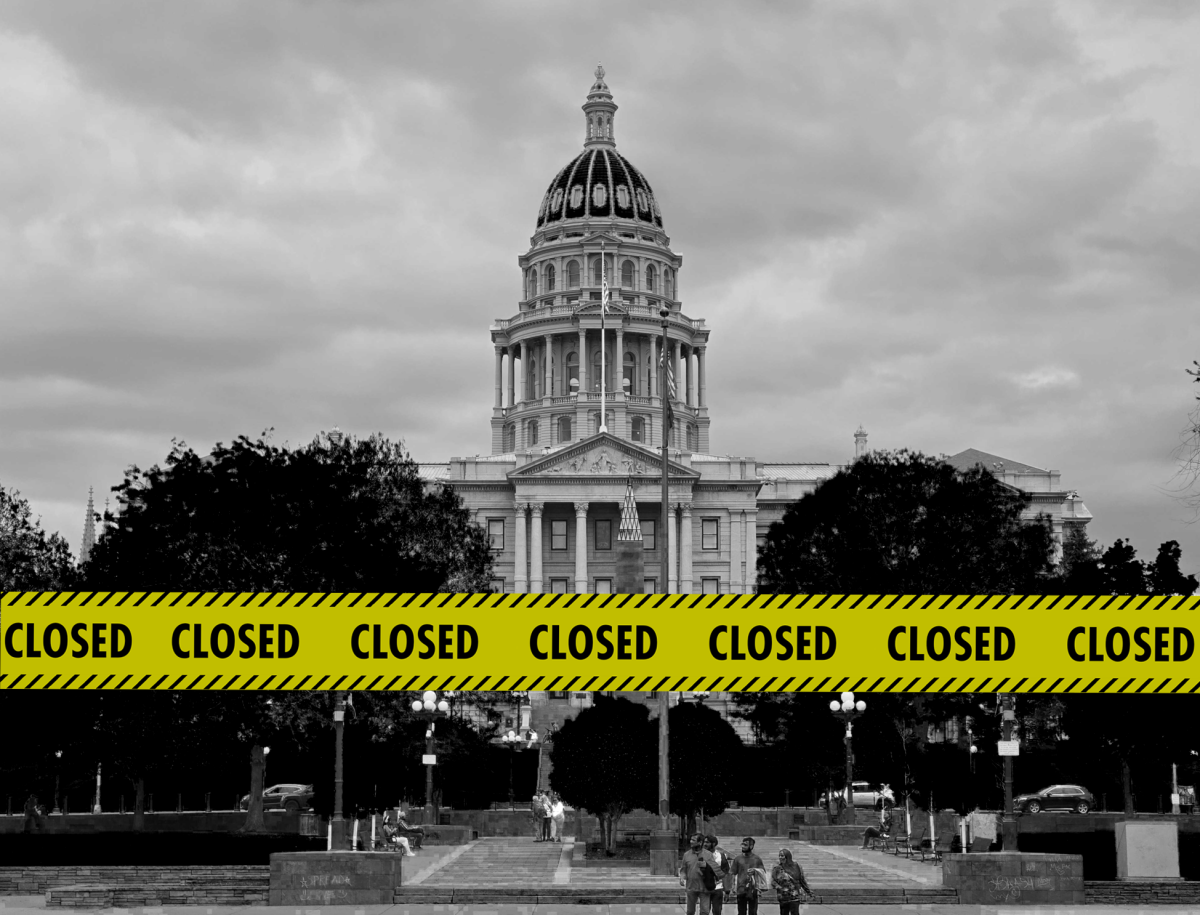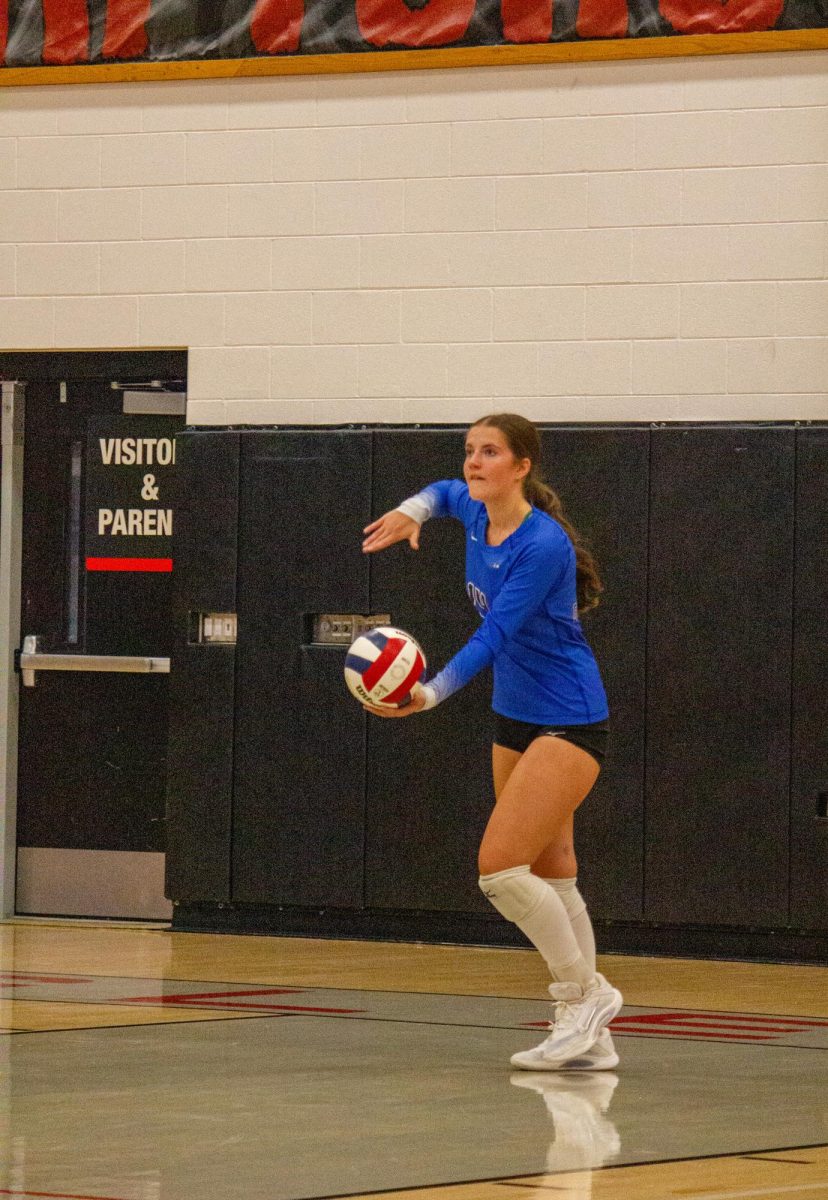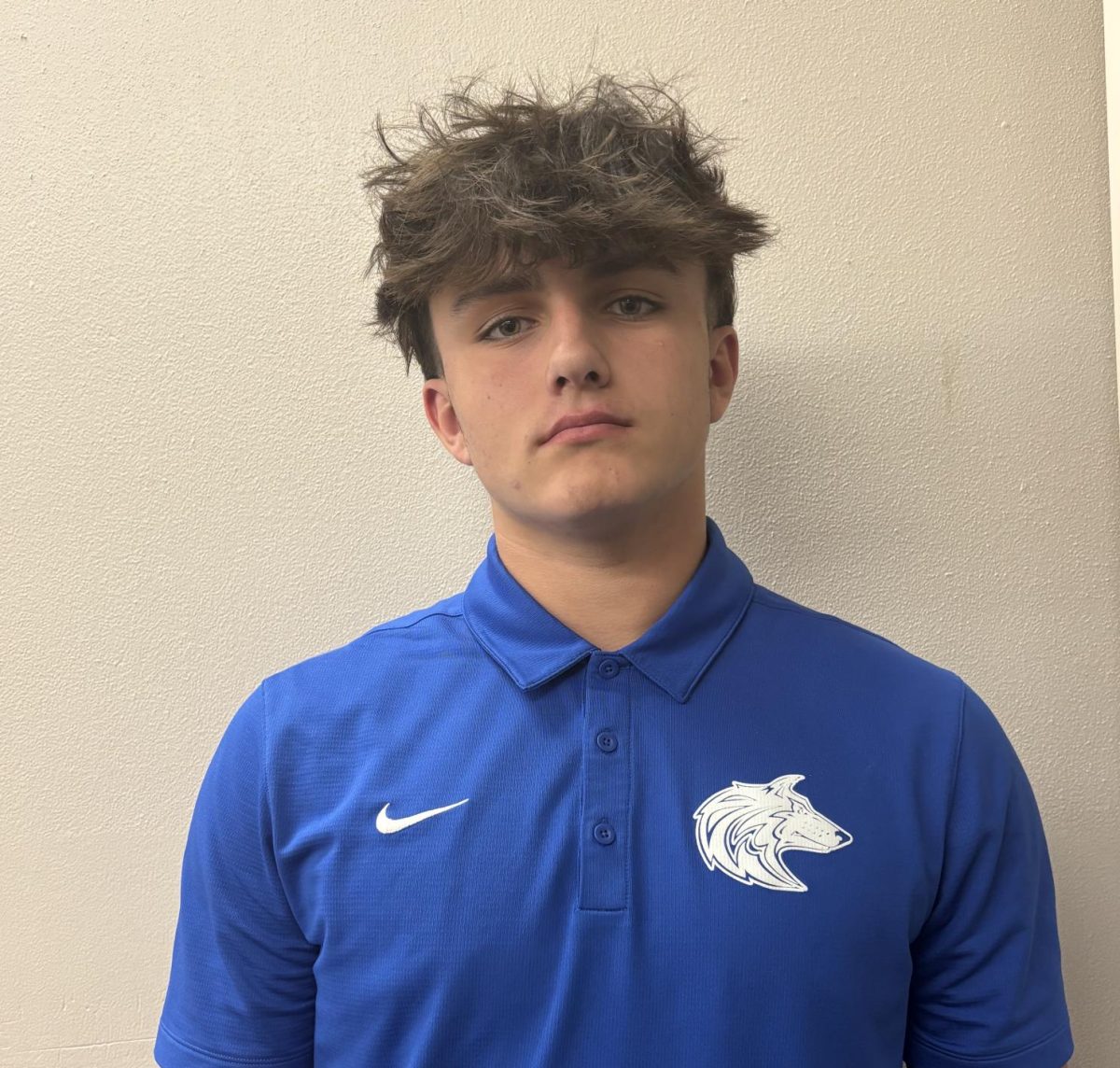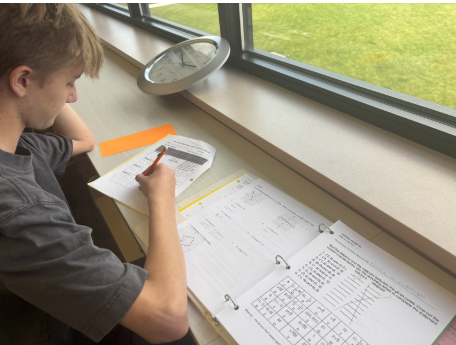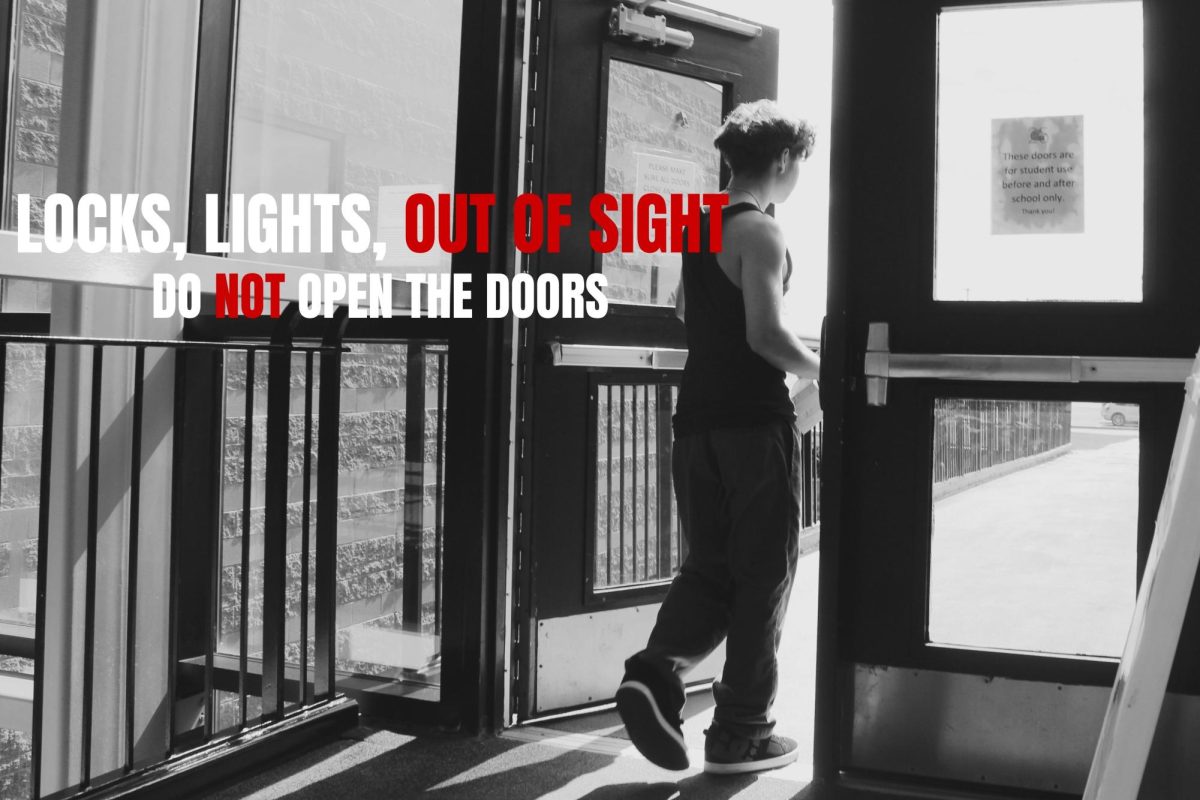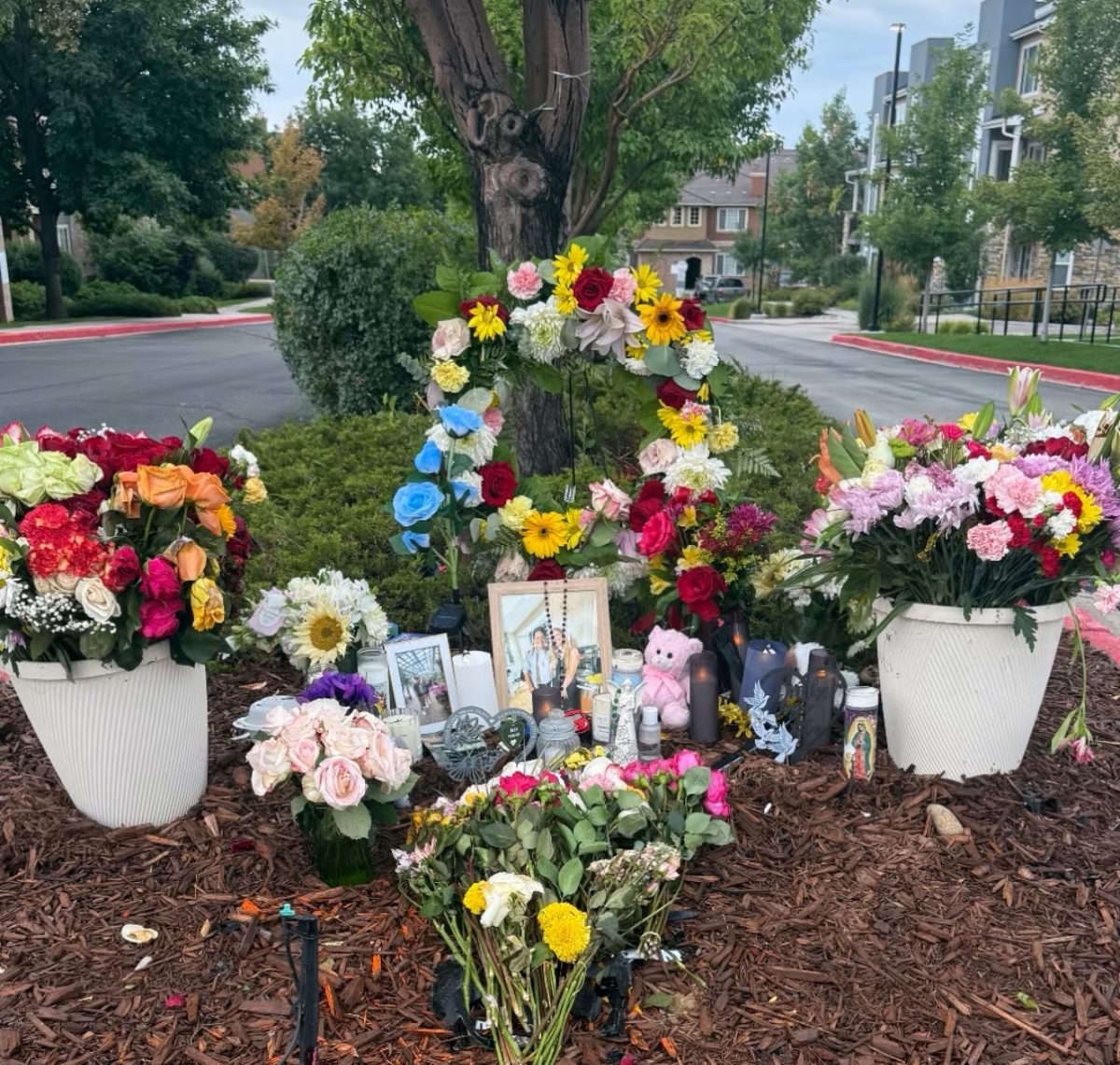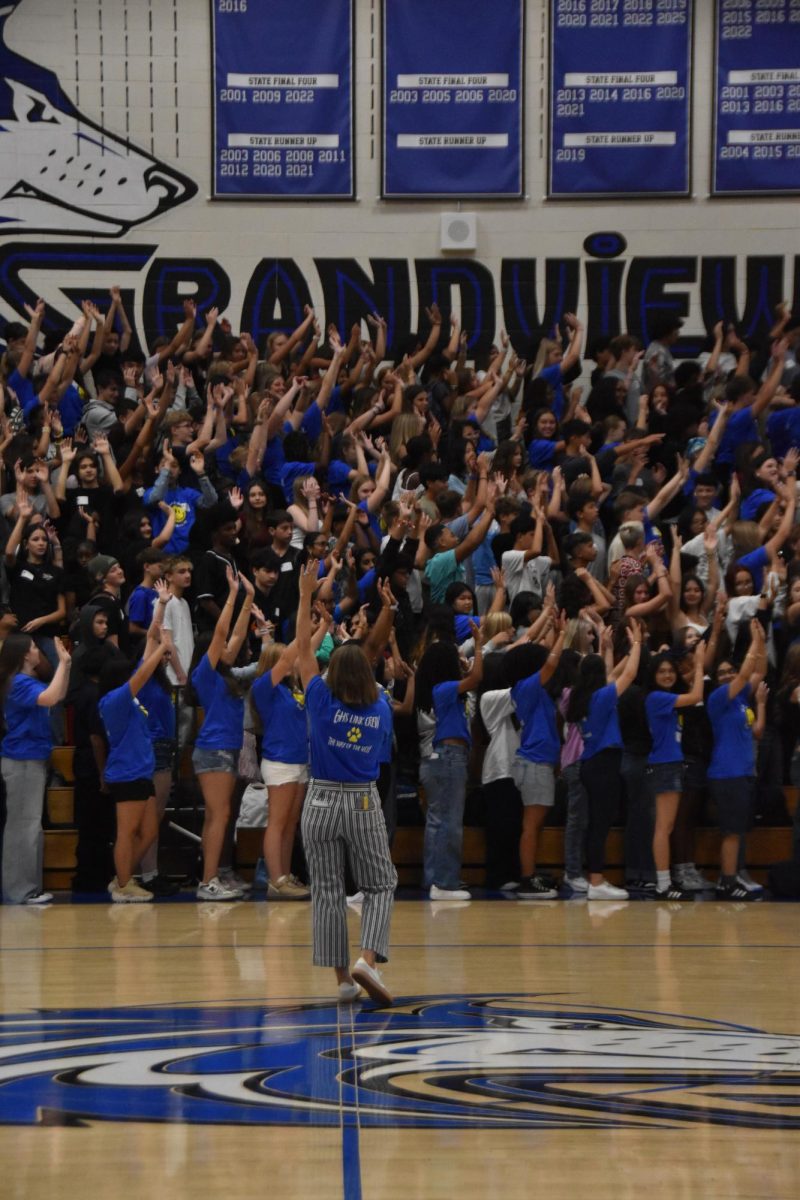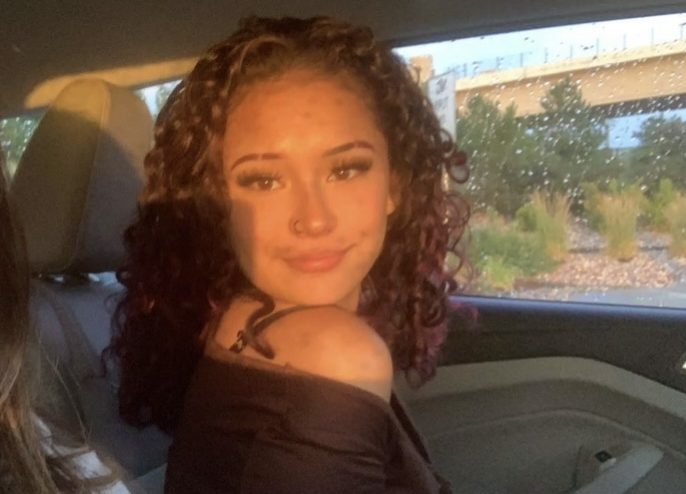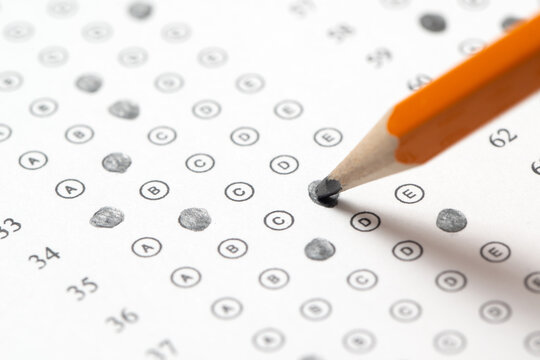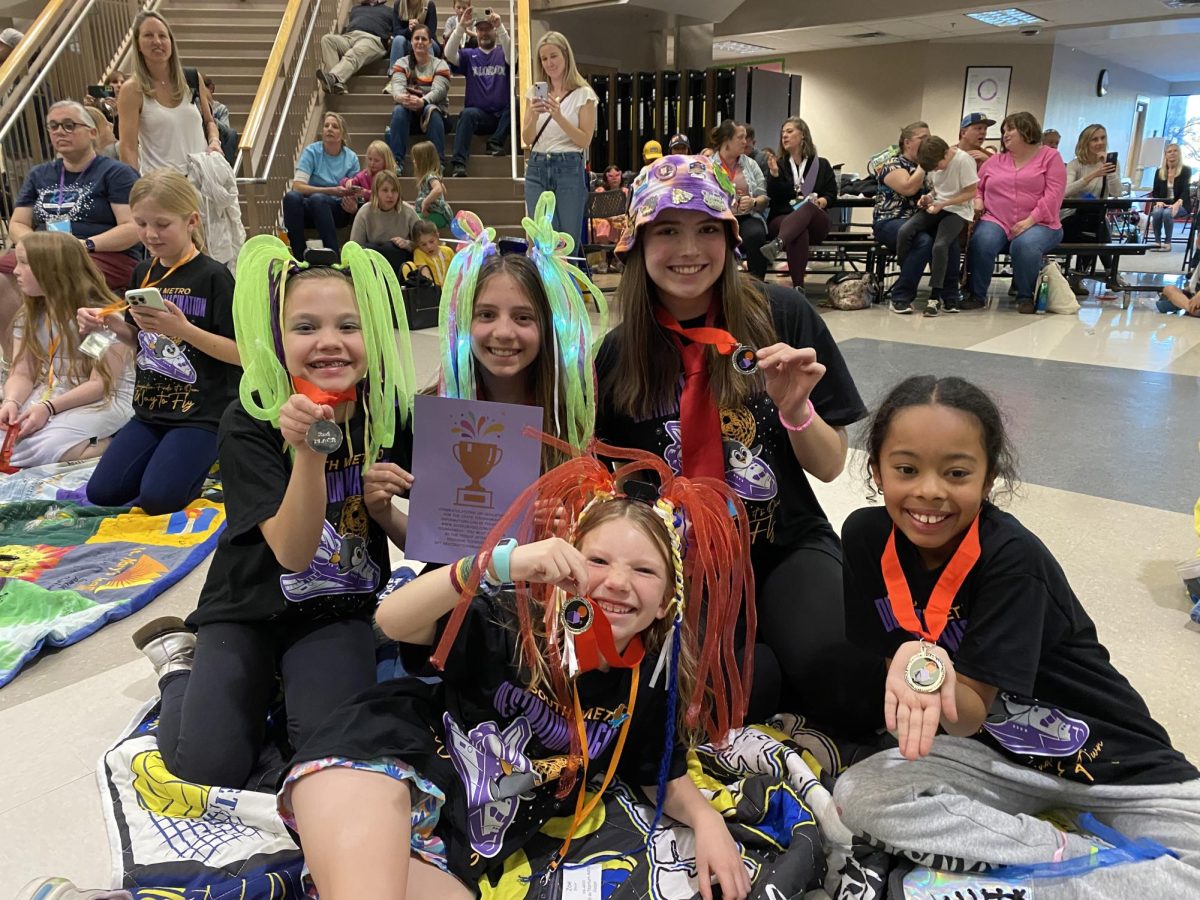The year is 1969, and one of the most popular gay bars in town feels alive.The bartenders pour drinks as people of all ages, races, and genders sing and dance across the floor, black lights pulsing above them. But chaos soon begins to erupt as four policemen in dark suits burst through the doors and begin lining people up. Cross-dressers are arrested, liquor is seized, and a crowd begins to congregate outside. Everyone’s restless, angry, and high-spirited – like plentiful, dry kindling, ready to explode at the slightest spark. The situation quickly turns into a riot, as bar-goers begin throwing pennies, then beer bottles, at police.
This was the first night of what came to be known as the Stonewall Riots.
The Stonewall Riots were a key moment in LGBTQ+ history that began a period of heightened activism, shifted the discourse on queer identity, and even led to the first pride marches in 1970. In October, queer people across the country celebrate LGBTQIA+ History Month, to honor our nation’s rich history of queer strength and unity, displaying perseverance through extreme obstacles and controversy.
“[Queer history month] is important because LGBTQ+ history is all of history,” Savannah Parker (10) said. “Queer people have been around since the dawn of time, and we’ll continue to live and show our colors through the rest of history.”
However, until recently, queerness has been a topic met with much hatred and discomfort. While today queer people enjoy legal marriage rights (as of 2015) and a comparatively less hostile environment, it’s important to acknowledge the hardships that queer people have gone through to achieve these victories.
‘It’s a part of history that I think, unless you seek out exactly what happened, you may miss it,” Becca Burr, counselor and QSA sponsor, said.
For example, nearly 50 people were shot and killed at the gay nightclub Pulse in Orlando in 2016. Until 2007, when Colorado passed the Colorado Anti‑Discrimination Act (CADA), queer people could be legally fired, evicted, or denied service because of their identity in our state. Even today, young LGBTQ+ people are four times more likely to attempt suicide than their peers.
“When I was in high school, I don’t even remember [queerness] being something that we talked about,” Burr said. “I don’t even know if we had a club, or anything like that, to represent those people.”
And oftentimes, while one section of the queer community gets praise and recognition, other groups get ignored.
“We celebrate the white gay man, but we don’t ever talk about the lesbians that helped during the AIDS movement,” Parker said.
Grandview’s Queer Student Alliance seeks to create an open and inclusive community for conversations about queerness. the club works to improve visibility, representation, and acceptance for all queer students.
Queer Student Alliance seeks to improve visibility, representation, and acceptance for all queer students at Grandview. By both providing a safe space for queer students and tackling projects to educate the rest of the school, they’ve worked to create a safer atmosphere for all.
“We’re doing educational booklets for advisory classes that will hopefully be approved by the school,” Brooke Dinger (11), QSA president, said.
The club also recently partook in a bowling night to celebrate queer history and come together as a community.
“We really just want to build a safe community and space,” Dinger said.
But it’s not all sunshine and rainbows for queer youth. Conversion therapy refers to any attempt to modify or suppress a person’s sexual orientation or gender identity, and tactics can range from talk therapy or hypnosis to physical violence or even chemical intervention. This form of therapy is widely condemned to be unscientific and harmful, with studies suggesting that conversion practices are linked with higher rates of depression and suicidal thoughts.
On the 7th of the month, the Supreme Court heard arguments for Chile v. Salazaar, a case which aims to overturn state bans on conversion therapy on the basis that it interferes with the free speech rights of counselors.
“When I first heard about the Supreme Court case, I was quite appalled,” Emila Gilmartin (11) said. “I didn’t think this was something that was up for debate.”
The court is expected to come to a decision in June 2026, . Many students fear what this decision may hold for their future.
“Conversion therapy is an evil, cruel, and misunderstood aspect of lots of queer people’s journeys,” Parker said. “It’s a horrific thing that nobody should ever have to go through.”
Aside from the court’s ruling itself, students are worried about the social and cultural implications of the case. The effects this case may have on the mental health and security of young queer people is a subject of concern for many.
“I think it’s going to make them feel less than,” Dinger said. “It’s not a good thing to ask somebody to change who they are just to fit in.”
This perspective is echoed by many students across Grandview.
“I would like lawmakers to keep in mind that lots of students are figuring out their identities at this age, especially in high school,” Gilmartin said. “Having the knowledge that some parts of your identity will not be accepted can definitely make people feel really bad about themselves, especially in a time with such growth and self-discovery.”
Efforts to overturn Colorado’s ban on conversion therapy come alongside larger issues for non-cisgender youth, as the current administration continues to push restrictions on gender-affirming care for minors. But oftentimes, when restrictions are targeted towards a certain group, they have ripple effects that can impact many others.
“As a cis woman, I have a hormone disorder where my testosterone and estrogen are screwed up,” Meyer said. “I cannot get hormone therapies because legally, trans youth cannot get hormone therapies. So by association, I can’t get care.”
In October, LGBTQIA+ individuals celebrate the sacrifices that led to the rights that queer people have today. But it’s also important to acknowledge that the fight is ongoing. From day-to-day homophobia to wider legislative concerns, queer people, especially youths, continue to overcome adversity simply for being themselves.
“I just want my lawmakers to know that I’m not ashamed of who I am,”Parker said. “You’re gonna try your hardest to turn people against me, and turn me against myself, and it’s not gonna work.”



